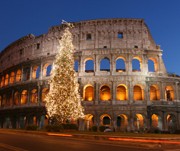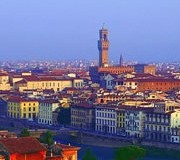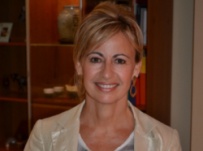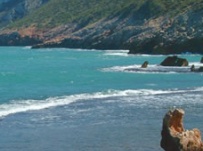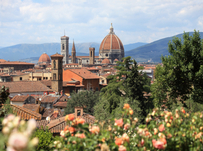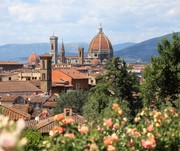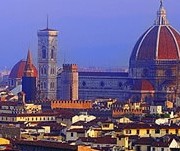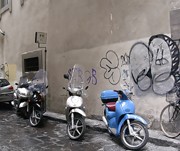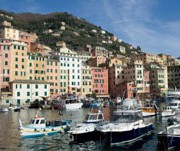Top 10 Christmas gifts for language & travel enthusiasts
If you’re buying Christmas gifts for anyone interested in travel and/or foreign languages, here are some ideas to help in your quest for the perfect present!
1. A language course
A language course makes a useful and highly original present for any friend/relative/partner who is interested in learning or brushing up a foreign language, or who has got their sights set on foreign travel in the new year. There are hundreds of languages to choose from, and lots of ways to learn – evening courses in the UK or US, general, intensive and activity-related courses abroad, or even tailor-made tuition. If you’d prefer to leave the choice of language and location to your loved one, Cactus gift vouchers are available to buy. Give us a call on 0845 1304775 (UK local rate) or 1-888-577-8451 (US toll-free) for more information.
2. Lonely Planet’s ‘Best in Travel 2014’
A great book for any keen traveller, this guide presents the best destinations, journeys and experiences for the upcoming year. Full of inspiration and the perfect antidote to any winter blues!
3. French lessons combined with cookery classes
Anyone who has visited foreign shores will have tasted new and exciting flavours. Present your partner or flatmate with the opportunity to learn French in Aix-en-Provence and study the art of cookery at the same time! The lucky recipient will learn about Provence’s delicious cuisine, including cheeses, pastries and wines, take cooking classes and visit both an olive oil mill and a local vineyard. Bon appétit!
4. Contribution to air travel
If you know someone with impending travel plans, why not help them out with the cost of their flight or even buy the flight for them? This is one present sure to provide memories of a lifetime.
5. A pocket translator
Anyone who is travelling to countries where foreign languages are spoken could find a pocket translator very useful in a whole range of situations…
6. An iTunes voucher for downloading language learning tools for your iPad/iPhone
If free time is in short supply, a flexible and convenient way to learn a language is to download learning materials on to your iPod or Phone. With iTunes vouchers, your friend or relative can download as much material as they like.
7. A travel journal
Lots of people like to write a journal whilst they travel, and it’s a great way to ensure that once-in-a-lifetime experiences abroad are never forgotten. A nicely bound journal to write in will make a great present for anyone about to embark on world travels.
8. A charity donation in their name
Donating money to a charity is something that a lot of people would like to do, but is not something that everyone can feasibly afford. Making a donation on their behalf therefore might make a fantastic present. Donations to charities such as World Vision and UNICEF can be made via the Donation4Charity website.
9. A dictionary/book of verb tables
They may not be as exciting as downloadable podcasts and other online resources, but dictionaries and verb tables are an essential tool for anyone hoping to learn a language.
10. A TEFL course
Gaining a TEFL (Teaching English as a Foreign Language) qualification is a great idea for anyone wanting to get out there and see the world. Teaching opportunities exist worldwide, and working in this type of capacity means that you can truly experience the culture of the country in which you are teaching. If this is something that your friend/partner/relative is interested in, why not book them on an introductory TEFL course?


